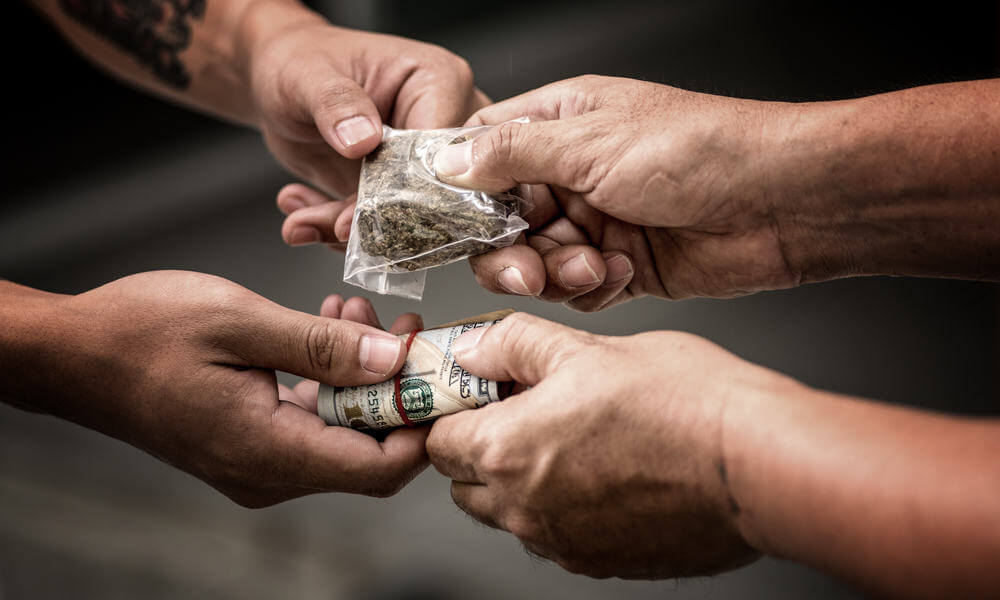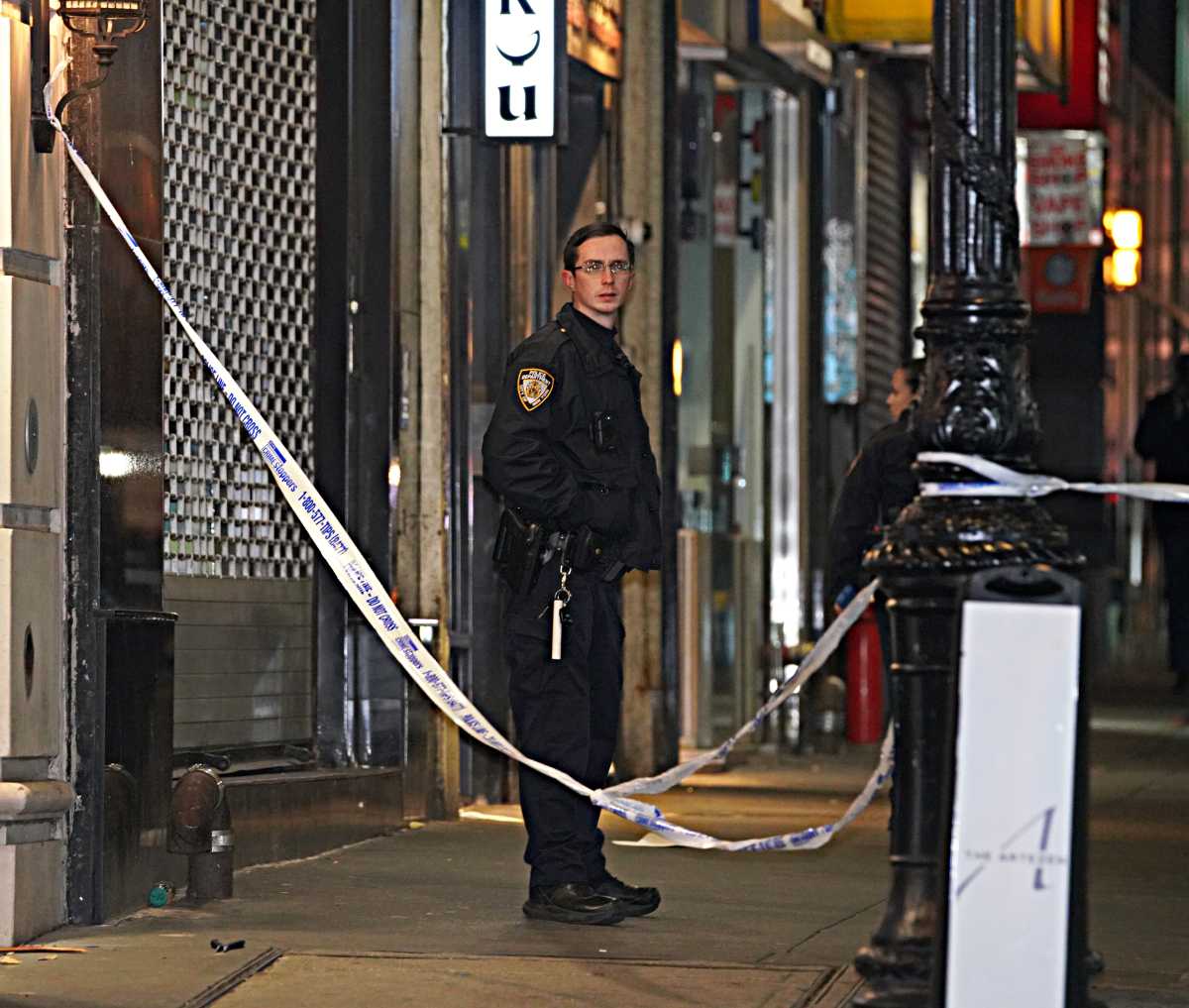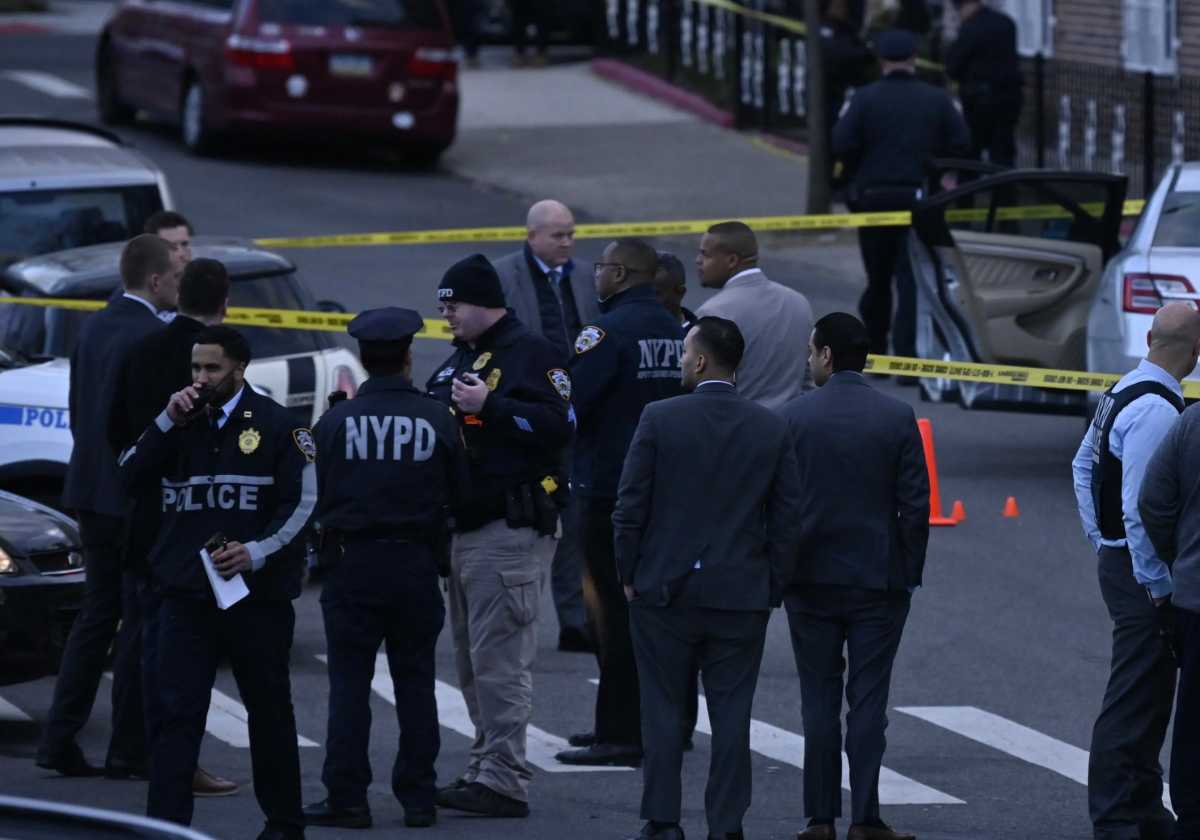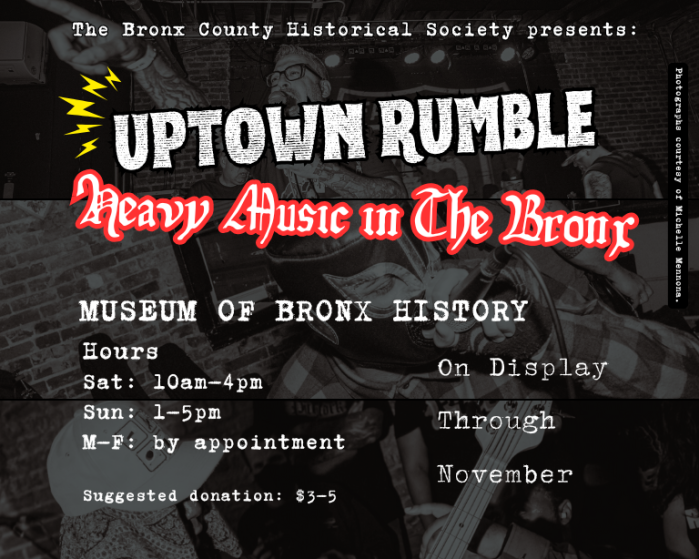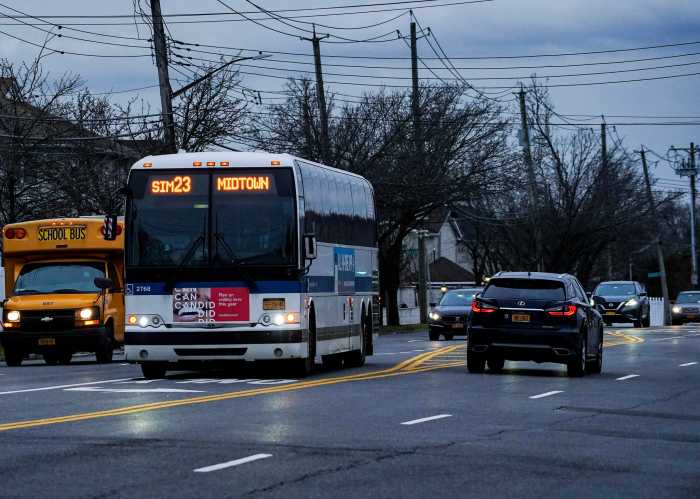This is the final part of a three-part series by the Bronx Times looking at the potential benefits New York state’s legalization of cannabis, known as the Marijuana Regulation and Taxation Act, could have on the Bronx.
De’Shawn Avery, a Claremont resident, has made a lucrative side hustle out of selling cannabis to a spectrum of interested customers in the Bronx. From the suburbanite New Yorkers attending borough universities, a mother of two looking to relax after work, or just anyone interested in cannabis who knew of Avery through word-of-mouth — Avery said there’s a lot of trust that goes into each sale.
While the recreational cannabis market in New York won’t get off the ground for at least another 18 months, Avery wonders what will happen to him and a generation of legacy dealers — who were instrumental in providing New Yorkers access to a variety of marijuana strains and products before the passing of MRTA last March.
“People can look at me and call me a drug dealer or a vagrant, but I’m an entrepreneur who provides a very in-demand product when there was no product to be ‘found’ in NYC,” Avery told the Bronx Times. “I’m worried that I don’t fit the prototype of who (New York cannabis leaders) want selling legal weed to people. It’s usually not Black people or people with records who are favored when it comes to moneymaking opportunities.”
The main goal of the Marijuana Regulation and Taxation Act (MRTA) — which forms the regulatory ecosystem for the production and sale of cannabis, creates a new adult-use cannabis program and could provide 30,000-60,000 jobs citywide — is that it can systematically benefit the Black and brown communities most affected by its criminalization.
But for cannabis advocates and activists, New York state and the leaders of the newly-established Cannabis Control Board following through on the promise of MRTA, depends on how it treats NYC’s underground of legacy cannabis operators.
According to New York Cannabis Control Board Chair Tremaine Wright, she doesn’t expect the agency to finish crafting regulations or begin issuing business licenses for an additional year and a half, but ensured that large corporations will not be allowed to dominate the state’s legal cannabis market.
“We’ll level the playing field,” she said at the main lecture stage of last month’s Cannabis World Congress & Business Exposition at the Jacob Javits Center. “If we were to allow huge corporations to dominate, it would be just another way to undermine and repress communities that have been unduly burdened. We’re ready to make cannabis inclusive.”
For cannabis activists, the time is now for New York state to provide a pathway for legacy operators to emerge from the weeds of the legacy market and transition into the legal one without leaving them behind.
Steve DeAngelo, a national cannabis activist, witness the firsthand effects of Proposition 64 — California’s legal cannabis measure that passed in 2016 — and hopes that New York state doesn’t make the same mistake with MRTA in excluding a generation of legacy dealers from an estimated $4.6 billion in annual cannabis sales that is expected to happen in the state in 2022.
DeAngelo identified two urgent policy matters — the Dec. 30 deadline for local jurisdictions to opt-out of adult-use marijuana dispensaries and the entry of New York’s 10 existing medical-use registered organizations (ROs) receiving priority into the adult-use market — that threaten to recreate the same “harmful dynamic” that unfolded in California.
DeAngelo added that one of the fundamental flaws of Prop 64 were regulatory measures that prioritized the entry of corporate cannabis companies over legacy licensees, thus encouraging legacy operators to continue operating illegally.
“This has been the case in California, where, unburdened with the costs of regulation or taxation, legacy operators are not incentivized to join the legal market,” he said.
“I think that legacy operators should be entering the market first,” said DeAngelo, who suggests background screenings to ensure that operators don’t have criminal, violent hard drug histories and laboratory testing of cannabis products to prevent contaminated strains on the market.
DeAngelo’s fight for cannabis justice comes from his own experience working in the black market. DeAngelo operated a cannabis business out of Mexico that served the New York and Washington, D.C., markets. In 2001, he was convicted of possession with intent to distribute marijuana, and given a five-year suspended sentence and three years of probation. That conviction later prevented his brother and business partner from acquiring a medical marijuana license in Massachusetts.
When California passed Prop 64, it allowed for jurisdictions to choose whether to opt in. In California, when faced with an imminent deadline to accept cannabis commerce, most jurisdictions chose to opt out. The result has been a ban on legal cannabis business in 50% of California’s local jurisdictions, and DeAngelo anticipates the same ratio will be seen in New York if the deadline is not extended past Dec. 30.
The default of MRTA is that municipalities are automatically opted-in to the retail marijuana market; municipalities only have to take action if they plan to opt out. Those municipalities that do decide to opt out will not be eligible to receive any of the revenue generated from adult-use marijuana sales.

Equity, and opening a pathway for legacy dealers to sell cannabis legally is paramount to the success of cannabis legislation, DeAngelo says.
But getting legacy cannabis operators into the state’s burgeoning cannabis trade isn’t purely for financial reason, it’s also a safety issue for consumers.
On Nov. 15, authorities in Connecticut reported what they believe could be the first documented case of cannabis contaminated by fentanyl, and there are growing fears that surrounding states, New York included, could start seeing cases of contaminated cannabis products.
“Rather than waiting until every regulation is ready to be implemented, we must let delivery surface now — with background checks, lab testing, tax payments — despite not yet having a licensed supply chain,” DeAngelo said. “We must learn from their successes and shortfalls, absorb the knowledge and expertise of longtime operators, and offer them a space in the industry, rather than criminalization and exclusion.”
New York State Assembly Majority Leader Crystal Peoples-Stokes, a Democrat, played a pivotal role in forming recently legalized cannabis legislation within New York and advocated for social equity measures to be contained within the law as well as preserving legacy operators in the industry, by providing them the tools to succeed in the legal market.
“I’m proud to support the Legacy to Legal education series because it brings Black and brown entrepreneurs who’ve been working in the shadows to the table so that they can be part of New York’s adult-use market. In order for legal cannabis to be equitable, we must integrate them into our framework,” she said.

